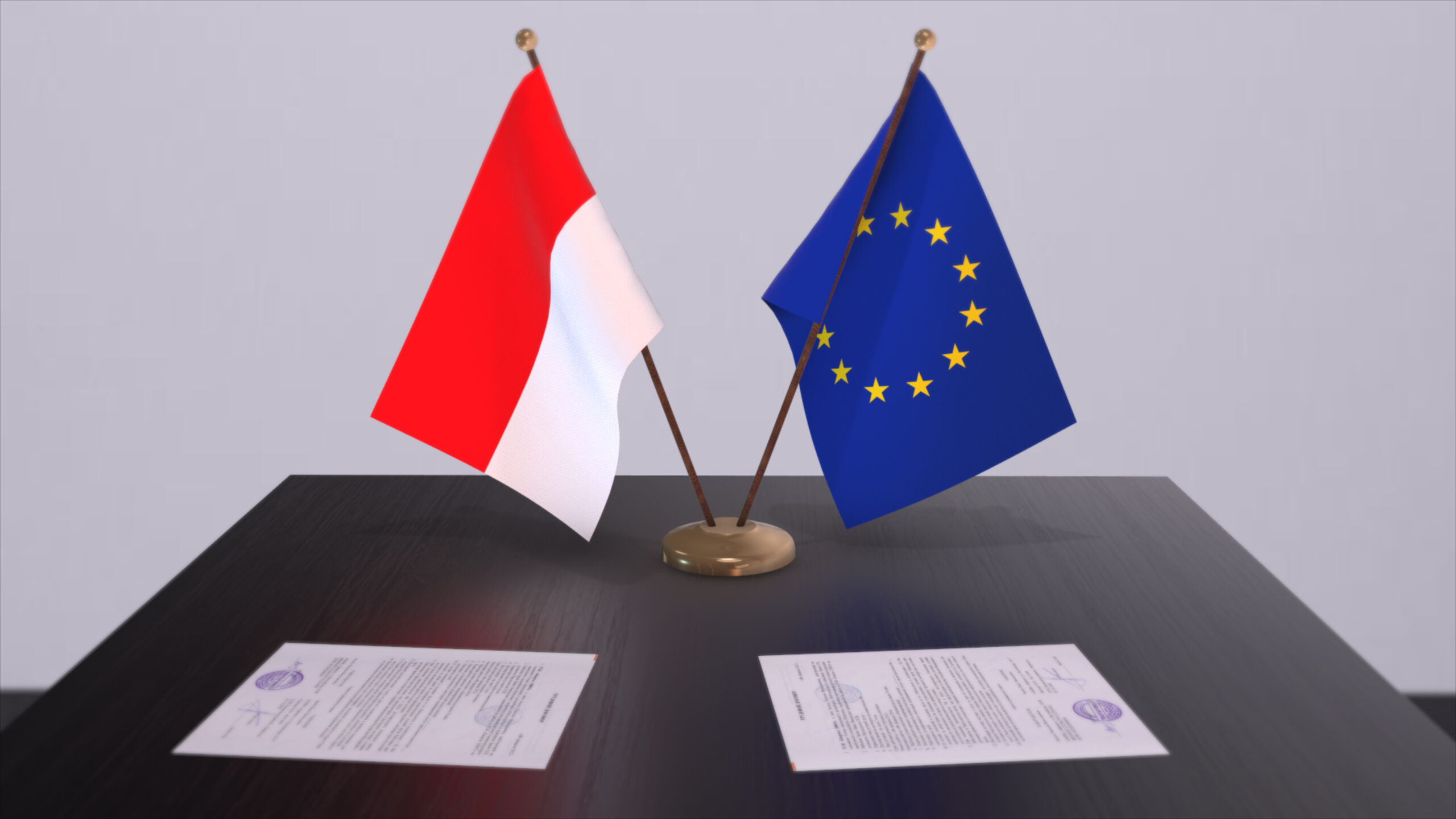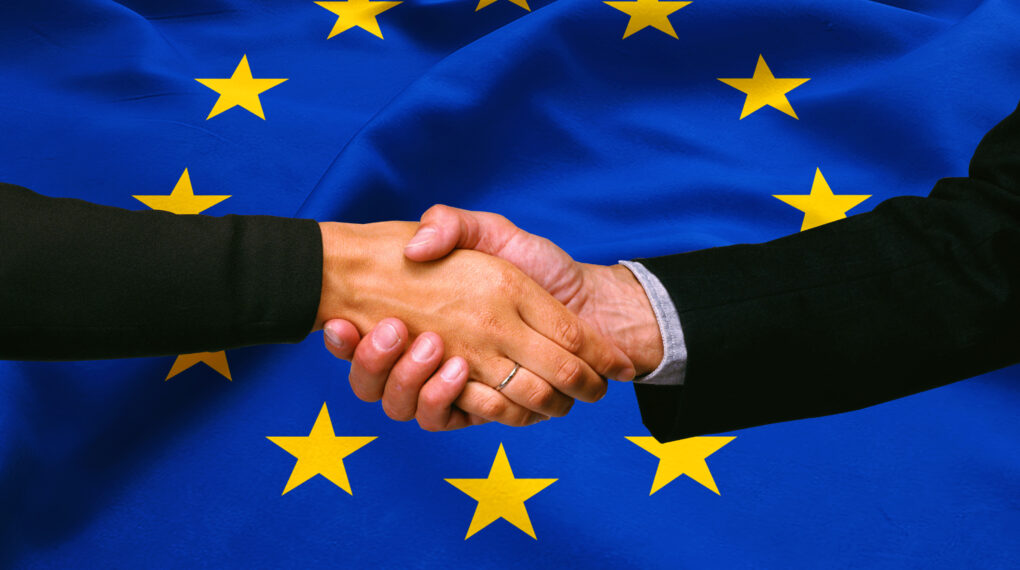After a decade of negotiations, Indonesia and the European Union are set to sign the Comprehensive Strategic Partnership Agreement (IEU-CEPA) this September. The deal could double trade volume from $30 billion to $60 billion and eliminate tariffs on 80% of Indonesian exports to the EU.
Impact of Indonesia-EU Partnership

The Indonesia-EU–EU Comprehensive Economic Partnership Agreement (IEU-CEPA) is shaping up to be a game-changer for both economies. Here’s how it could impact Indonesia’s economic landscape:
Boost in Exports
Up to a 50% increase in Indonesian exports to the EU within three years. Tariff-free access for 80% of Indonesian goods, including palm oil, textiles, footwear, and automotive parts It also diversifies Indonesia’s trade portfolio away from reliance on the U.S. and China
Industrial Growth & Job Creation
This partnership encourages growth in key sectors like agriculture, manufacturing, and digital services. It is expected to create thousands of new jobs, especially in export-driven industries
Sustainability & Compliance
Indonesia must align with the EU’s environmental standards, especially for palm oil and fisheries. It could lead to higher compliance costs, but also opens doors to premium markets that value sustainability
Supply Chain Resilience
The partnership will strengthen Indonesia’s role in critical raw materials for Europe’s clean tech and steel industries. The positions Indonesia as a strategic supplier in the global shift toward renewable energy
Strategic Shield Against Tariffs
With the U.S. imposing 32% tariffs on Indonesian goods starting August 1, the EU deal offers a vital alternative market. It helps Indonesia mitigate risks from global trade tensions and protectionist policies
Key Challenges of Indonesia-EU trade deals
The Indonesia-EU trade deal is full of promise, but it’s not without its hurdles. Here are some of the key challenges Indonesia may face as it moves toward implementation:
Environmental Compliance
The EU’s Deforestation Regulation (EUDR) requires strict traceability for products like palm oil, coffee, and timber. Indonesia has one of the highest deforestation rates globally, which could complicate compliance and lead to trade restrictions. Aligning with EU sustainability standards may require costly reforms in the agriculture and mining sectors.
Domestic Industry Pressures
Opening markets to EU goods could expose local industries to intense competition, especially in services and manufacturing. Indonesia may need to invest in capacity-building to help domestic firms compete with European counterparts.
Regulatory & Investment Concerns
The EU seeks strong investment protection clauses, which Indonesia fears might limit its ability to enforce public interest policies like environmental and labor laws. Negotiating a balance between the rights of foreign investors and national sovereignty remains a delicate task.
Political & Geopolitical Tensions
The deal is unfolding amid global trade wars, including steep U.S. tariffs on Indonesian goods. Shifting geopolitical alliances could affect the long-term stability of the agreement and Indonesia’s trade priorities.
Implementation Timeline & Readiness
Full implementation is expected by early 2027; however, ratification and technical alignment may face delays. Indonesia must upgrade its infrastructure, digital systems, and customs procedures to meet EU standards.
In short, while the deal opens doors to growth, it also demands a strategic overhaul of Indonesia’s trade, environmental, and industrial policies.


